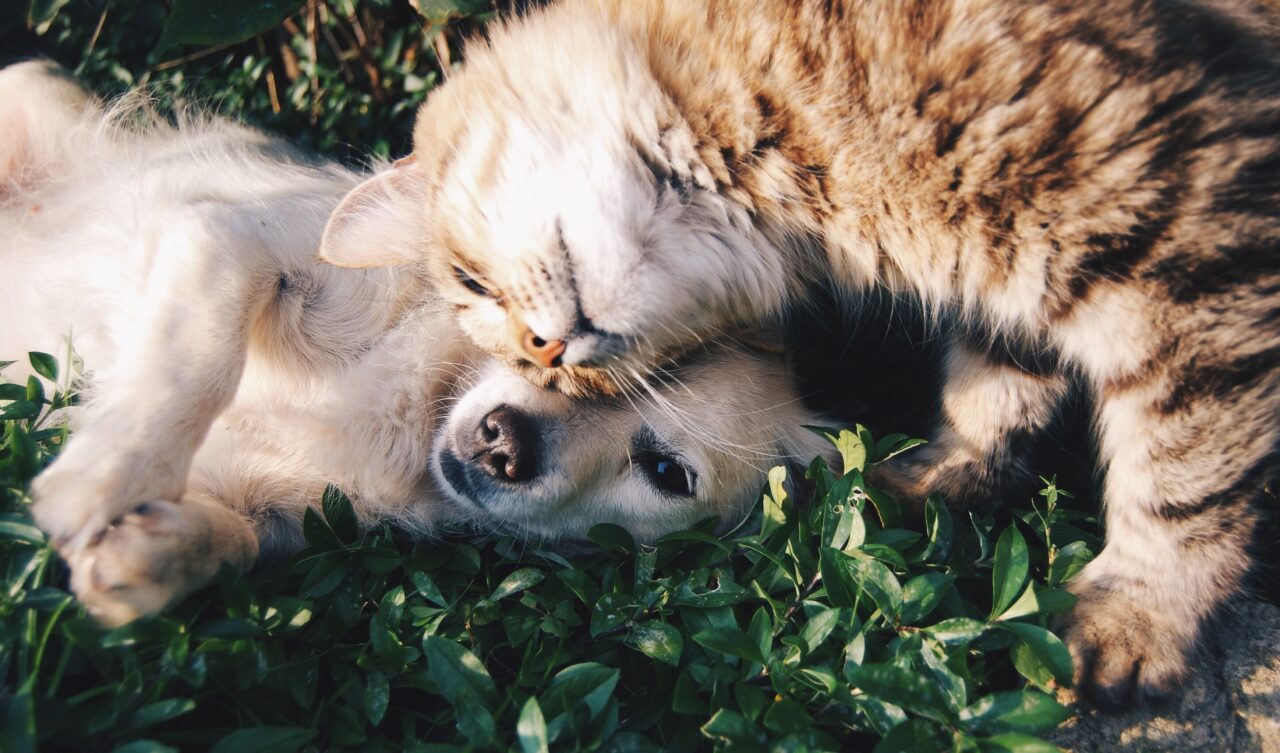Where a person owns animals or pets, considerations should always be given to what should happen to those pets on their death. Although many people will consider dealing with their pets in their will as similar to guardians for their children, pets are considered a personal chattel and so any dealing with the pet would be a gift of those pets rather than an appointment of a ‘pet guardian’.
There are a number of different options a person could have for dealing with their pets in their will which this article will explore.
Gift to Family/Friends
A gift of the pet is the most common option as there are usually family members or friends who would be willing to look after the pet. Substitutional gifts can also be considered if the original beneficiary predeceases or no longer wishes to look after the pet at the time of death.
A person would need to have similar considerations for the recipient of their pet as they would with a guardian for their children, for example they would need to consider if the beneficiary would be able to look after the pet, both physically and financially, and age of the recipient would also need to be considered on whether there is the potential that the pet could outlive the beneficiary. The consent of that person should always be obtained as well as the beneficiary could simply not accept the gift.
Money Gift
The ongoing costs of the animal should also be considered. This would vary depending on the animal itself, a gift of a horse for example could be quite onerous for the beneficiary. A money gift that passes with the animal could also be considered as a way to ease the financial burden. The recipient of the gift is however under no obligation to use the money for the pet and also could potentially accept the gift but then give away the pet.
Animal Trust
An alternate arrangement rather than leaving a money gift to the beneficiary could be to include a trust for the pet. A trust for the maintenance of particular animals is what is known as a Trust of Imperfect Obligation (as the beneficiary of the trust cannot themselves enforce it) and is one of the few permitted non-charitable purpose trusts. These trusts cannot last any longer than 21 years which should be sufficient for most pets.
If such a trust is included in the will, there may be additional expenses incurred to set up the trust after death and there may be some ongoing costs to administer the trust.
Gift to Trustees
A person may also consider gifting their pets to their trustees with the wish that the trustees distribute the pets according to a letter of wishes. This would allow them some flexibility to change their beneficiaries easily as they see fit without needing to rewrite the will entirely. This could be particularly helpful for a person with a large collection of pets which is likely to change on a regular basis.
Gift to Charity
If the client does not know anyone suitable to take on their pets after they die, they could also consider gifting their pets to charity. A number of animal charities operate schemes so that a person may register their pets with the charity during lifetime. After their death, the executors would notify the charity who would take possession of the pets and aim to suitably rehome the animal. Links to notable schemes are included below.
- RSPCA – Home for Life
- Dogs Trust – Canine Care Card
- Cats Protection – Cat Guardians
- Blue Cross – Pet Peace of Mind Service
- The Cinnamon Trust – Pet Profile
These schemes are free, but a gift to the charity in their will in appreciation could be considered. Wording would also need to be included in the will relating to the scheme.
If you have subscribed to our Quiz Membership 2023, please find this article’s quiz here. You must be signed into the partner area of our website to access this.
Photo by Krista Mangulsone on Unsplash


 © Trust Wills & Probate Limited t/a WillPack. All rights reserved.
© Trust Wills & Probate Limited t/a WillPack. All rights reserved.
You must be logged in to post a comment.